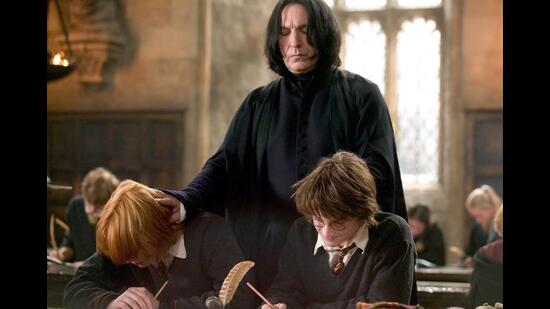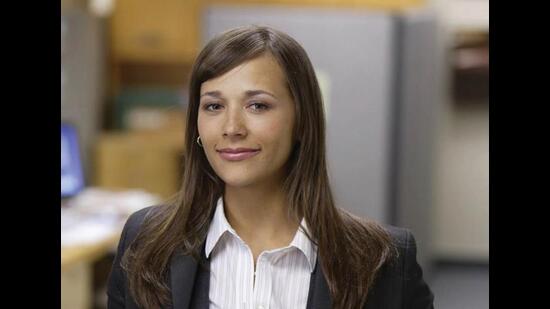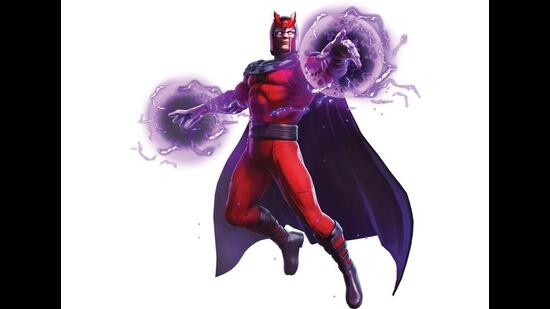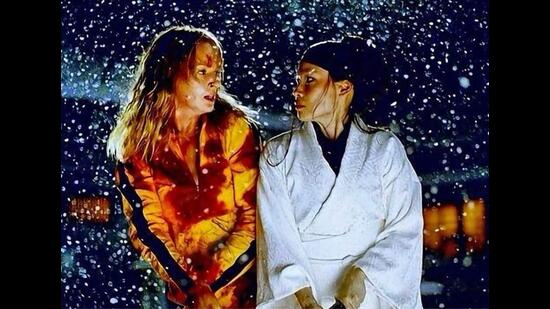
Why the bad guys on screen might not be really bad, after all
8 months ago | 89 Views
Growing up isn’t all it’s cracked up to be – ask any grown-up. This isn’t even about bills to pay, or body parts that start creaking overnight. Perhaps the hardest part of adulthood is watching our heroes fall. But flip the idea on its head and there’s a new side of growing up to explore. Turns out, most characters we thought of as villains aren’t nearly as bad as we’d imagined.
Go back. Way back. Think about Baroness Schraeder, all set to marry Captain Von Trapp in The Sound of Music (1965). We hate her, right? Why? Her only fault is that she’s in the way of him and a yodelling former nun. Now race forward to The Office (2005-2013). Hello, Karen Filippelli. We hate her too, right? But only because she’s in a relationship with Jim, who’s still pining for Pam. Watch the show again to realise she’s done nothing to deserve our hate.

Even sitcom characters have been unnecessarily vilified. Why shouldn’t Janice want to date Chandler and hang out with the gang from Friends (1994-2004)? Why distance her just because of that laugh, those animal-print pants and for her whiny Oh My God reaction to life? In the reruns, she emerges less toxic, more fun than any of the main cast. Frankly, we’d rather be on a plane to Yemen with her, than Rachel.
Over the years, the X-Men comics have given the arch-villain Magneto enough of a back story for fans to understand his distrust of humans. We failed the little Jewish boy, not the other way round. Re-read the Harry Potter books. Even Severus Snape, greasy hair, scowl, with no patience for wayward Gryffindors, emerges as a man stuck in a bigger battle than school kids can understand. He’s had Harry Potter’s back all through. Always.

Ursula, poor unfortunate soul, did nothing more than hustle, set up a contract, and expect it to be honoured in The Little Mermaid. No one forced Ariel to give up her voice for legs. O-Ren Ishii, though an iconic villain in Kill Bill Vol. 1 (2003), is hardly evil. She’s just a good assassin. Logic states Gaston had every right to be alarmed that there was a monster in town in Beauty and the Beast (1991).
In Home Alone (1990) a Christmas comedy that pits the Wet Bandits against little Kevin McAllister, the lines blur. Rich family forgets to take a kid on vacation. Why aren’t they the bad guys? Kid wrecks a million-dollar home as he fends off robbers, racking up a renovation bill bigger than anything that could have been stolen. Why isn’t he the bad guy? Harry and Marv were just nicking stuff that was insured anyway.

Nebula switched sides after she reconciled with her sister Gamora in Avengers: Endgame (2019). Her only fault? Believing her father, Thanos. Loki, the king of mischief, sacrificed himself to save the Asgardians against Thanos in Infinity War (2018). Thankfully he got a show for himself in 2021.
In the real world, it’s now trendy for someone to announce that they’re entering their “villain era”. They’re not choosing evil, they’re just prioritising themselves, setting boundaries, going for what they want, extracting revenge when revenge is fair. Applaud them. What else is adulthood good for?
Read Also: Pivot! Pivot! How to switch careers when you’re in your 20s





















